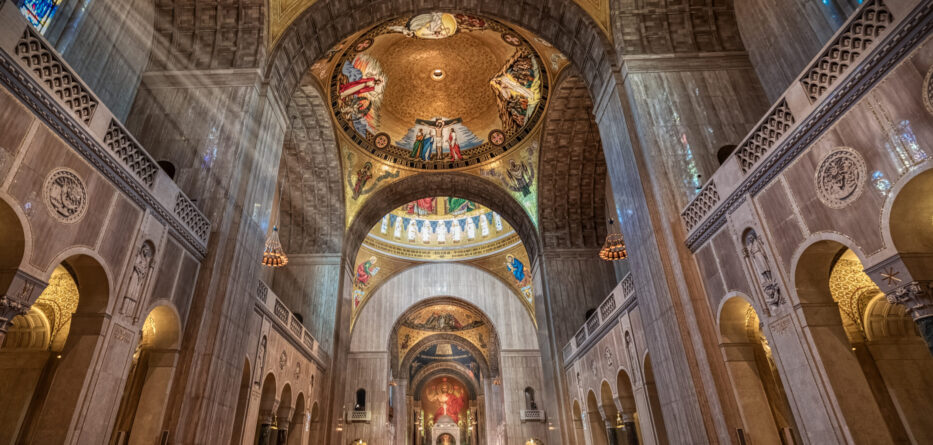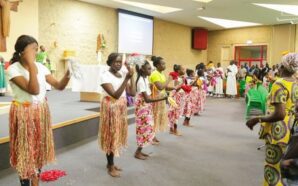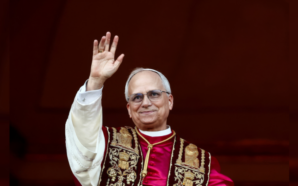When Willy Guardiola emailed his 800 Catholic subscribers to announce the death of Pope Francis on April 21, the reaction from many was the same: “Good riddance,” he recalled. A Florida resident and ardent Trump supporter, Guardiola is part of the anti-Francis movement that took root in the United States in response to what critics saw as the late pope’s liberal views on homosexuality, climate change and the Latin Mass.
Over Francis’ 12-year papacy, tensions mounted against a backdrop of growing political polarization in the country. They came to a head in November 2023, when Bishop Joseph Strickland of Tyler, Texas—widely seen as a leader among traditionalists—was removed from his post. The U.S. bishops’ conference also wrestled with whether to deny Communion to former U.S. President Joe Biden, the country’s first Catholic president since John F. Kennedy, due to his pro-abortion stance.
A conservative laity, but bishops who back immigrants
According to Stephen Koeth, a historian at the University of Notre Dame in Indiana, the church in the U.S. has grown more conservative “just like the rest of the West,” driven by “the aging of the 1960s generation and the rise of clergy and laypeople formed under John Paul II. In a pluralistic world where religious practice is easily dismissed and traditional faith is often disdained, it makes sense that those who embrace religion would adopt a view that stands in contrast to the dominant culture,” he said.
That contrast includes a push for a less open Church. According to the Pew Research Center, 53% of weekly Massgoers say they do not want to see changes to church teachings on the role of women, same-sex marriage or in vitro fertilization—even if it means continued decline.
Will that trend continue under a U.S. pope? Many of these conservative parishioners and younger priests also vote Republican, putting them at odds with their bishops on immigration—particularly deportation policies championed during Donald Trump’s presidency. The U.S. episcopacy has consistently advocated for immigrants in a Church where Hispanic Catholics are driving much of the growth.
Anti-Francis voices: influential, but a minority
While the anti-Francis bloc has wielded influence through its media outlets, nonprofits and wealthy donors, Koeth notes they represent a minority of America’s 53 million Catholics. “A greater number were simply unsettled by Francis’ frequent lack of clarity and his posture toward more traditionalist believers. But nearly all of them prayed for him during his illness and after his death,” he said. “They no doubt hope for a successor more in tune with their vision of the church, but they will remain loyal to him just as they were to Francis.”
How will the most extreme faction respond to the election of a pope in Francis’ mold—even if he’s American? “They’ll wait and see,” Koeth predicted. “But there’s a real risk they could drift into increasingly schismatic positions.”
Reproduced with permission by La Croix International.








